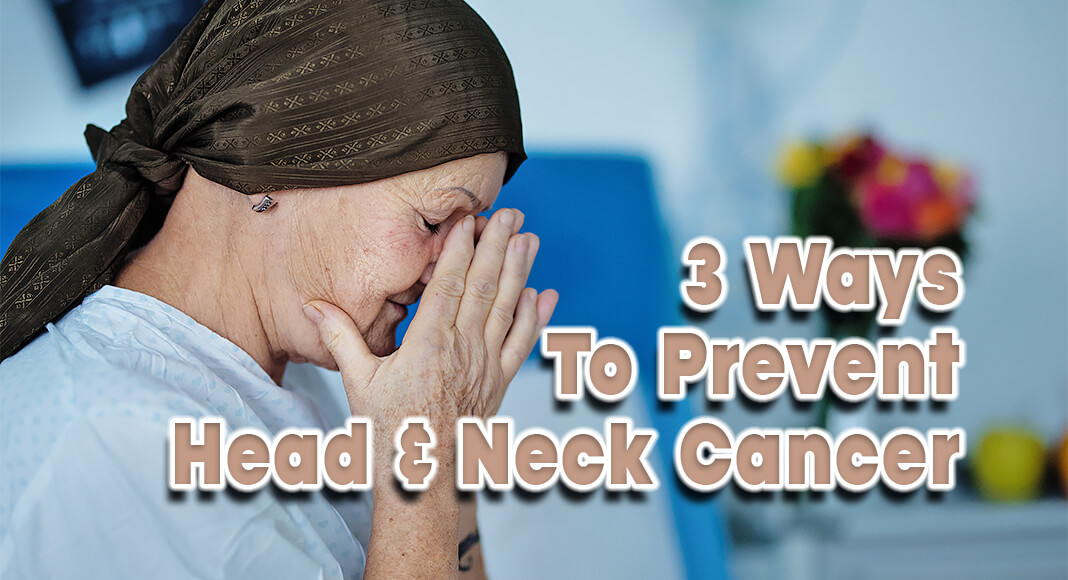
Mega Doctor News
By Mayo Clinic
NEWSWISE – ROCHESTER, Minnesota — Throat cancer is one of the fastest-growing cancers, and it is often linked to human papillomavirus (HPV). Oropharyngeal cancer, or throat cancer, is a type of head and neck cancer that can be divided into two subgroups: HPV-associated cancers and non-HPV-associated cancers. And depending on the type of subgroup, they are treated differently.
Katharine Price, M.D., a medical oncologist with the Mayo Clinic Comprehensive Cancer Center in Rochester, says there are three ways to reduce your risks and help prevent head and neck cancer.
Tobacco and alcohol use increase the risk of non-HPV tumors, while HPV is responsible for about 70% of head and neck cancers.
“What’s important about that is they have different biology and are much more treatable, meaning they respond better to treatments and tend to have a higher cure rate. We’re sort of treating those differently than how we treat some of the non-HPV cancers,” Dr. Price says.
Surgery, radiation and chemotherapy are all treatment options, but Dr. Price says it is better to reduce the risks of infection.
“The big three: no smoking tobacco use, minimizing alcohol and then HPV vaccination,” she says.
“We know that smoking and alcohol are big risk factors for head and neck cancer if you do both. This increases your risk even more,” Dr. Price says.
And she encourages eating a healthy diet.
“We really should be striving to have a good whole-food diet, trying to minimize eating processed foods and refined sugars,” Dr. Price says.








